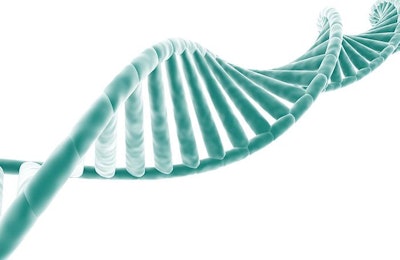
Animals built to suit whatever purpose without numerous iterations of breeding and selection: We have the technology, but should we use it?
Limitless possibility
In the February issue of WATT PoultryUSA, you’ll read about a company claiming it can solve the problem of what to do with chicks of undesired genders through CRISPR gene editing.
EggXYT says it can modify hens to lay male eggs that glow when exposed to a certain light so they aren’t incubated. This could save the resources associated with incubating, generate new revenue streams and create a more ethical consumer product.
This is just one example of the possibilities represented by CRISPR and gene editing technology. Humans have always selected plants and animals for their most useful traits. Today’s gene editing technology can speed up, and exceed the powers, of modern breeding. In the future, we could see gene editing enable great advances in areas like animal welfare, resistance to harsh environments or even feed conversion.
The Frankenstein problem
Gene editing, however, remains a third rail issue. This comes from the visceral fear of man playing god and the logical fear of the unknown and unintended consequences of using such a powerful tool.
At the end of 2018, as the world was disgusted by news of a Chinese scientist claiming to use CRISPR gene editing on human embryos brought to term. Inspired by that news, The Wall Street Journal published an opinion article on the sometimes shocking side effects researchers saw when bioengineering livestock to exhibit desirable traits.
This is all taking place in a world where genetically modified organisms (GMOs) are already feared by consumers in the developed world even though the technology is proven to be safe and effective.
The realities of the future
Ethics and morals shouldn’t be discounted, but I think the realities of the future need to be considered in the conversation, too. The planet’s climate is changing, its population is growing and resources for agriculture are dwindling.
The mission of agriculture is to feed as many people as possible using the fewest resources. At some point in the future, the world may need to turn to gene editing to continue fulfillment of that mission.


















